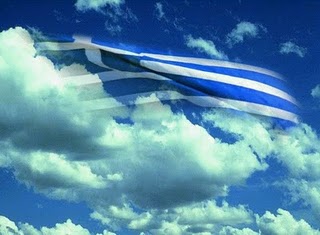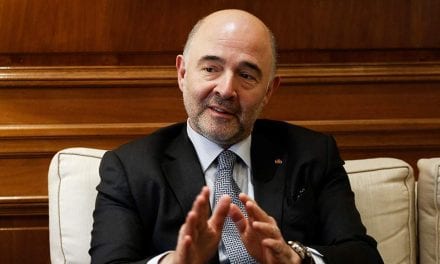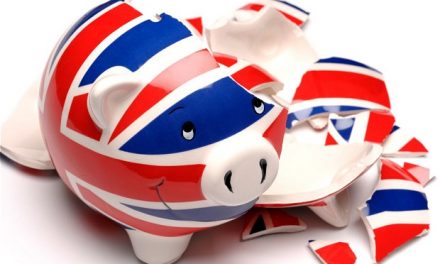By MARTIN VAUGHAN and NEELABH CHATURVEDI
LONDON—European efforts to forge a second bailout package for Greece involving private creditors ran into a fresh obstacle Monday when Standard & Poor’s rating agency said the current proposals would likely amount to a default.
The comments from S&P are the first reaction from a rating agency since details of a preliminary plan put forward by French banks—the biggest overseas holders of Greek debt—emerged last week.
They add to a series of difficulties already facing the Greek rescue efforts, including the precarious political situation in Athens and what some say is a disappointing response by banks and other financial firms to the debt talks.
On Saturday evening, euro-zone finance ministers gave themselves until mid-September to come up with a new bailout plan as they okayed the fifth payment from last year’s €110 billion ($159.79 billion) bailout package to Greece. The deadline is not random: without a second package in place, the IMF could refuse to make available the sixth payment from last year’s bailout plan in the fall, renewing fears of an imminent default.
S&P suggested policy makers hadn’t yet found a way of ensuring Greece’s private creditors contribute to a second bailout package without sparking a default rating for Greece.
The European Central Bank has maintained that it won’t accept bonds with a default rating as collateral. Hence, averting a selective default rating is crucial to ensure that banks holding Greek bonds aren’t shut out from the ECB’s liquidity operations for the few days that the country’s bonds would be rated selective default. The ECB declined to comment on the S&P’s statement Monday, referring to its earlier statements on the matter.



















